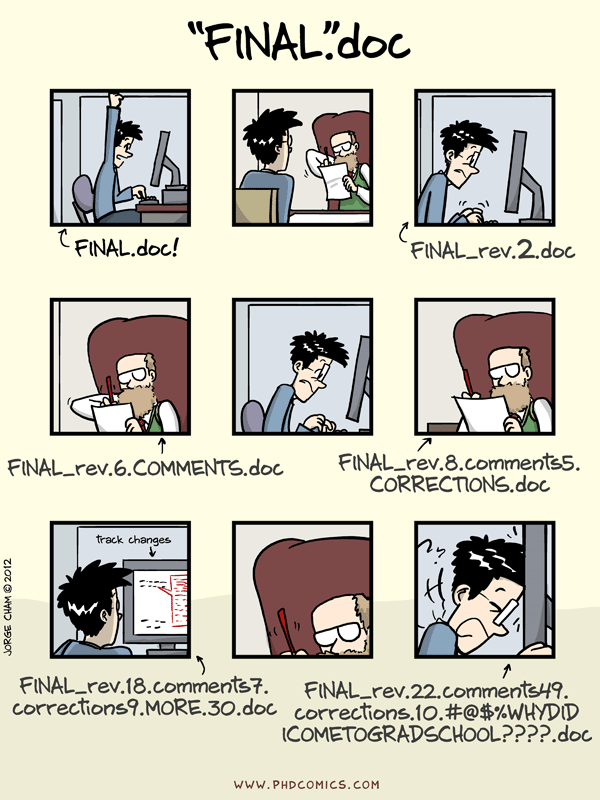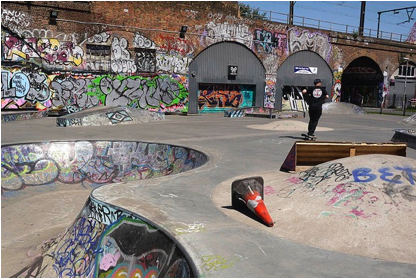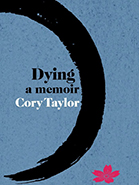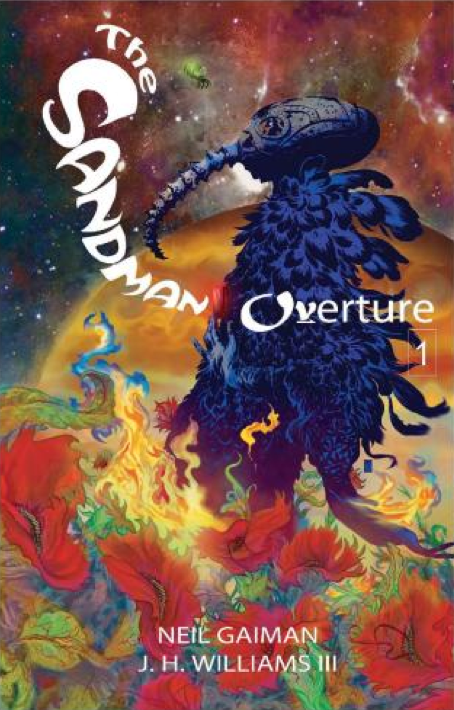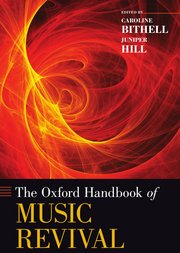Special Issue:
Interventions and Intersections: 2015 Postgraduate Conference
Editorial
This is our second publication of a selection of papers based on the School of Humanities and Communication Arts’ Postgraduate Conference ‘Interventions & Intersections’. As with our previous publication (Volume 4 #2 issue for 2010), the papers have been selected to reflect the diverse range of contributions made by presenters with a focus on the high quality of the School’s Higher Degree Research students.
I would like to acknowledge the dedicated work of Dr Rachel Morley and Dr Milissa Deitz who have guest edited this issue, the work of the editorial management team in the planning and execution of the issue, especially Myra Gurney and Roman Goik, and the support provided by Suzanne Gapps, our editorial assistant. Thanks as well to all those who have responded to our referee requests.
Hart Cohen
Guest Editorial
Piled Higher and Deeper by Jorge Cham (www.phdcomics.com)
PhDComics.com is popular amongst postgraduate students, as is Inger Mewburn’s The Thesis Whisperer. While the two are wildly different in style – PhD Comics is a light-hearted ‘webcomic’ about the trials of postgraduate study while The Thesis Whisperer is a ‘from the trenches’ styled blog – the two sites retain a common goal of providing support to a community whose individuals often report feeling disconnected and even disheartened by the sometimes arduous nature of postgraduate work.
One of the central aims of ‘Interventions and Intersections’, the annual postgraduate conference hosted by Western Sydney University’s School of Humanities and Communication Arts, is to ameliorate that disconnect by providing a support network to the School’s burgeoning postgraduate cohort. Recognising the deleterious effect that intellectual and social isolation can have on student and candidature, the conference encourages participants to share research in a collegial and supportive environment. It hopes to provide a point of ‘intervention’ in the often-isolating labour of postgraduate work while amplifying the ‘intersections’ that might exist between fellow emergent researchers. A key focus is to contribute to the development and maintenance of a strong sense of academic community, or what the literary scholar Keri Glastonbury has referred to as an ‘affective community of practice’ (2010, p. 2), seen here as the desire to create opportunities for connection as well as mobilise what she terms the often multiple points of ‘contact and overlap’.
Certainly the literature reflects the value of capitalising on the combined, collective energies of intellectual enterprise. As a recent University of Sydney discussion paper noted, an enduring and energetic academic community is one of the most important factors in the creation and production of high-quality research (2015, p. 4). It is through community, and the social, cultural and intellectual connections and provocations it elicits, that researchers are more likely to experiment and take risks, collaborate, share work, and ultimately move past the breakers of standardised intellectual thought in the pursuit of new knowledge and modes of thinking.
It is with the idea that mobilised communities have the power to act as agents of innovation that we present this postgraduate, peer-reviewed issue of Global Media Journal – Australian Edition. Comprised of select papers from the 2015 ‘Interventions and Intersections’ postgraduate conference, the issue celebrates the creative and critical ingenuity of a new generation of communication, design, music and literary scholars, and the communities of practice from which they emerge. As has become synonymous with the conference itself, the scholars we feature are diverse in their interests, yet they are united by an unwavering desire to push beyond disciplinary boundaries and conventional ways of knowing. In keeping with contemporary trends, practice-led and practice-based research is a key focus for many of our authors, with several of the articles dedicated to exploring the emergence of new methodological approaches, particularly in the creative arts.
Katie Sutherland’s article, ‘Writing on disability and illness, and the case for self-reflexive storytelling’, is one such example with Sutherland offering an insightful exploration of the methodological and narrative possibilities afforded by what she has come to think of as ‘vulnerable writing’. Sutherland draws on her own practice as a writer, and on the work of the memoirists Anne Deveson and Rachel Adams, to argue that researching and writing reflexively can operate as a form of advocacy as ‘the authors promote a greater understanding of the ethnographic subject matter by pushing against assumptions … and making the personal, political’.
Michael Hartup continues the theme of vulnerability and the utilisation of reflexive research methods in ‘The researcher as the ex-musician: Considering researcher status in the interview setting’. The article draws on Hartup’s doctoral research which explores the music-making practices of a group of young Australians who have experienced disadvantage or stigma as a result of personal experience. Like Sutherland, Hartup argues that reflexive research approaches, which include here a willingness to engage in the ‘at times messy’ practices of self-disclosure, can often lead to a more ethical experience for both researcher and participants, as well as producing robust and detailed data.
Daniel Johnston’s article on placemaking and the cultural geographies of the skatepark also picks up on the interest in self-reflexive research methodologies and the rewards they can yield. ‘Skateparks: Trace and culture’ reports on Johnston’s fieldwork, carried out across 60 different skateparks across six countries, and his own experience as a designer and skater. Working across text and image, Johnston documents some of the visual traces he has identified at the skatepark and the complex relationships they represent ‘from the inane to the deeply personal’.
The role and practice of the creative arts practitioner, and what it means to ‘see’, is at the heart of photographer Enrico Scotece’s article, ‘The past and the pending: Photography, phenomenology and intent as perceptual experience’. Scotece’s research critiques arguments about the relationship between the photographer, the medium, and the act of making the image ‘seen’. Temporality is of interest here, as Scotece makes a case for reconceptualising time ‘caught’ as image. ‘The notion of fixing images in our current time’, he writes, ‘becomes void simply because that piece of time in thenow is fixed in the past, yet only to become part of a future ‘us’ every time we trip the shutter.’
Nicole Bridges’ article, ‘Facebook as a netnographic research tool’, is located within communication and media theory with its focus on the rise of the networked space as a resource for data collection. Bridges’ work explores the opportunities and limitations of using closed Facebook groups as ethnographic fieldwork sites, taking the researcher’s extensive and award-winning studies of Australian online breastfeeding support groups as its case study. She argues that due to the prevalence of social media and the ‘mediated nature of communities’, fully online data collection methods should be considered as part of a mainstream technique.
The final three articles offer provocative readings and analyses of contemporary issues within creative arts thinking and practice. Adam Daniel’s highly original article, ‘Always watching’: The interface of horror and digital cinema in Marble Hornets’, offers a sophisticated analysis of the web horror series Marble Hornets in order to examine the affective power of ‘found footage horror’ and the shifting nature of spectatorship in the age of new media. Daniel explores what he calls the ‘aesthetic of distortion’ and the ‘sensory-affective and synaesthetic qualities’ within new media modalities in order to analyse ‘the powerful and unruly response of the body to the sensory excess of the image’. Marty Murphy’s work is also interested in the body, but here the focus is on comedy and the creation of comic characters who, as Murphy writes, typically ‘make disastrous choices with enjoyable and mechanical regularity’. ‘The Comic Robotic: Tomkins’s flawed automaton and the comic character’ moves across affect theory and Henri Bergson’s 1911 essay ‘The meaning of the comic’ to describe the inner workings of the comic form, the creation of the flawed comic character, and the way empathy guides and shapes an audience’s response.
In this issue we are delighted to include a new article from the award-winning novelist and, until recently, Western Sydney University postgraduate student, Luke Carman. (Carman completed his DCA during production of this issue.) His article, ‘The ‘Antipodes unmapped: The case for a poetics of Western Sydney’, uses the notion of the ‘eternally reversing dialectic’ – a construct developed by the poet Jennifer Maiden – to analyse the ‘rise and rise of a 21st century Western Sydney poetics’, an innovative community of creative practice in its own right. A Western Sydney writer himself, Carman offers an insider’s account of the conditions that have shaped the region’s emergent literary scene, one that is often credited with shifting Australian literary consciousness. The article interrogates the collective narratives that have been traditionally projected onto Western Sydney, including an incisive analysis of the SBS program Struggle Street, to show how conditions of silencing and ‘othering’ have led to the development of a very particular kind of poetics. As Carman writes, ‘it is precisely because of the shameful positioning in the Australian consciousness of the western suburbia as an empty wasteland that the new ‘westie spring’ of Australian literature is so ripe with potentialities.’
The issue also includes an interview with Juan Francisco Salazar. A former Western Sydney University postgraduate student, Juan is now an Associate Professor at WSU where he teaches documentary and environmental humanities. He spoke to Rachel Morley about his most recent film Nightfall on GAiA, his research into indigenous and community media practices, and his experiences growing up in Chile and Argentina during the military dictatorships.
Lastly, we offer three book reviews from three of the School’s postgraduate students. Natalie Phillips on Neil Gaiman’s The Sandman: Overture – The Deluxe Edition, Joseph Williams on Caroline Bithell and Juniper Hill’s The Oxford Handbook of Music Revival, and Emily Rytmeister on Cory Taylor’s Dying: A Memoir. Taylor died at the beginning of July, two months after publishing her book. Rytmeister’s review offers an important commemoration of her last literary achievement.
As always it is important to make note of the many dedicated contributors who have made this issue possible. We would like to thank Myra Gurney, Roman Goik, Hart Cohen, and the wider Global Media Journal: Australian Edition editorial committee. We are also indebted to the referees and readers, whose feedback provided authors with expert guidance and insight, and the 2015 Interventions and Intersections Postgraduate Conference. Finally, we would like to thank the authors themselves. We are thrilled to publish your work and look forward to following your future endeavours.
If you like what you read we encourage you to share it amongst your networks. You can also comment on our Facebook page.
Rachel Morley and Milissa Deitz,
Guest Editors
References
‘Building a culture of research excellence: Strategic Planning for 2016-20, Discussion Paper no 4’, University of Sydney, August 2015
Glastonbury, K. (2010). The new ‘coterie’: Writing, community and collective. JSAL Special Issue: Common Readers, pp. 1-10
About the guest editors
Milissa Deitz
Dr Milissa Deitz lectures in communication and creative writing at Western Sydney University. Her research and scholarly interests include grief, identity and family; voice and the marginalised within digital storytelling (see ‘The Right To Know: 100 Years of the Australian Red Cross International Tracing Service’, Immigration Museum, Melbourne 2015); and young people, mental illness and technology (www.invisiblecity.org.au). She is a journalist and novelist, and in 2013 received a Vice Chancellor’s award for her work with academic literacy for first year students. Milissa’s bookWatch This Space: The Future of Australian Journalism (2010) was published by Cambridge University Press. Her novel Bloodlust and non-fiction title My Life As A Side Effect are both published by Random House.
Rachel Morley
Dr Rachel Morley is a Lecturer in Writing and Communications at Western Sydney University, where she has received awards for her teaching and research. Her work has been published in numerous academic journals and edited collections. Rachel is Postgraduate Editor of Global Media Journal: Australian Edition and convener of the award winning, national postgraduate training event, ‘Creative Ecologies: A Postgraduate Retreat in Creative Arts Scholarship’. Her research interests include literary and creative practice (with a particular interest in biography and autobiography); new media writing technologies; postgraduate pedagogy; ethnographies of writing and representation; the politics and ethics of archival research; and changing social and cultural representations of family. Rachel also has experience working with online archival databases (see the ARC-funded ‘The Visual Mediation of a Complex Narrative: TGH Strehlow’s Journey to Horseshoe Bend’).
Refereed Articles
-
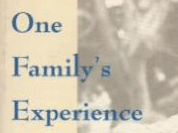
Writing on Disability and Illness, and the Case for Self-reflexive Storytelling
Katie Sutherland
Read Abstract Read Article
Western Sydney University

‘Always Watching’: The Interface of Horror and Digital Cinema in Marble Hornets
Adam Daniel
Read Abstract Read Article
Western Sydney University

Antipodes Unmapped: The Case for a Poetics of Western Sydney
Luke Carman
Read Abstract Read Article
Western Sydney University

The Comic Robotic: Tomkins’s Flawed Automaton and the Comic Character
Marty Murphy
Read Abstract Read Article
Western Sydney University

The Researcher as the Ex-musician: Considering Researcher Status in the Interview Setting
Michael Hartup
Read Abstract Read Article
Western Sydney University

Facebook as a Netnographic Research Tool
Nicole Bridges
Read Abstract Read Article
Western Sydney University
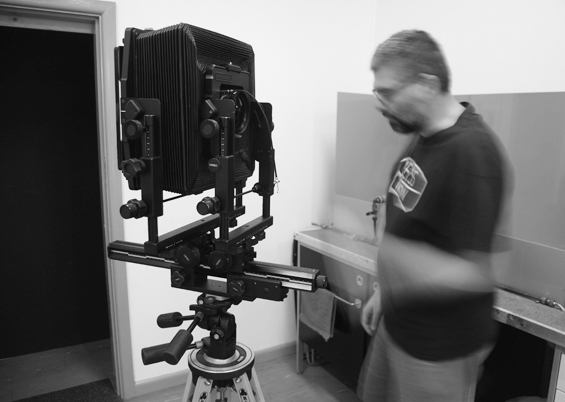
The Past and the Pending: Photography, Phenomenology and Intent as Perceptual Experience
Enrico Scotece
Read Abstract Read Article
Western Sydney University
Interviews
-
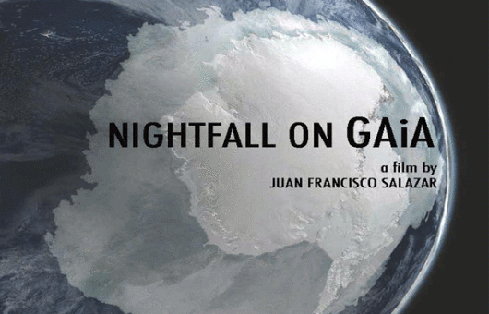
In conversation with Juan Francisco Salazar
Rachel Morley
Read Abstract Read Article
Western Sydney University

